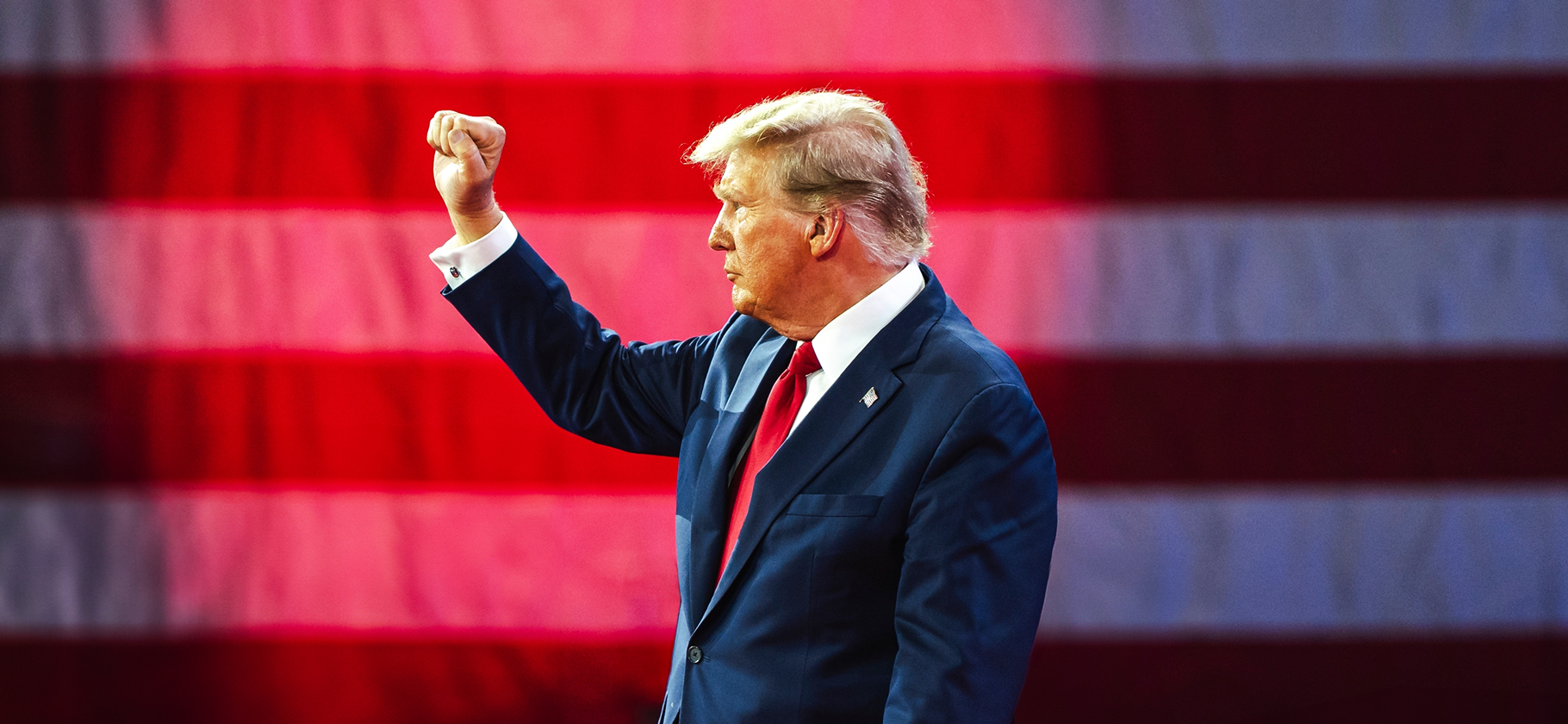Recently elected President of the United States, Donald Trump, received a verdict of “absolute discharge” in a case of document forgery. This decision makes him the first president to be convicted of a criminal offense after inauguration on January 20. But what exactly does this legal term mean and what consequences it could have for the justice system?
What is “absolute discharge”?
“Absolute discharge” is a court decision that finds the accused guilty of a crime but does not entail further punishments such as imprisonment, fines, or community service. Essentially, it means that the individual receives a conviction without real punishment.
Why is this decision concerning?
Issuing an “absolute discharge” for a high-ranking official, especially a president, can have several negative consequences:
- Precedent for future violations: If top officials evade real punishment for crimes, it may incentivize other actors to break the law, hoping for similar leniency.
- Undermining trust in the justice system: The public may lose faith in the fairness of the judicial system, believing that there are “privileged” individuals above the law.
- Erosion of the principle of equality before the law: The constitutional principle that all citizens are equal before the law may be called into question if high-ranking officials avoid punishment.
Expert Opinions
Many human rights advocates and experts express concern over such a decision. They believe that the lack of real punishment for officials could lead to impunity and increased corruption. Additionally, it may create the impression of a double standard of justice: one for ordinary citizens and another for the political elite.
Conclusion
The concept of “absolute immunity” for President Trump in the case of document forgery raises serious questions about fairness and equality before the law. To maintain public trust in the judicial system, it is important to ensure that all citizens, regardless of their status, are held accountable for their actions under the law.


